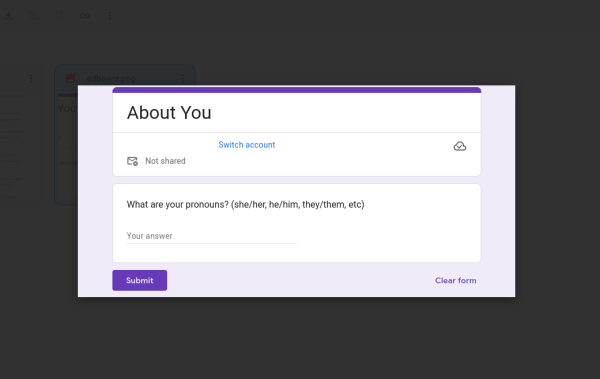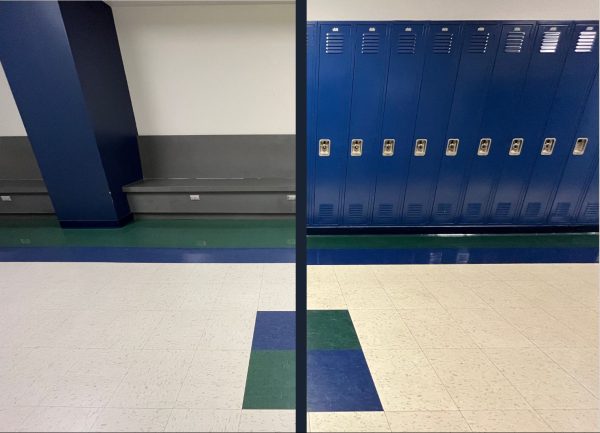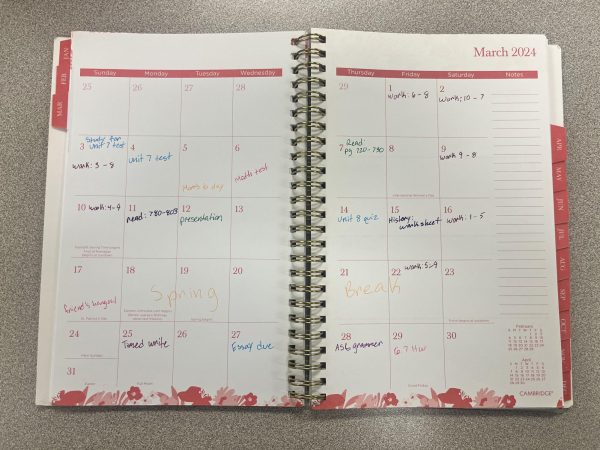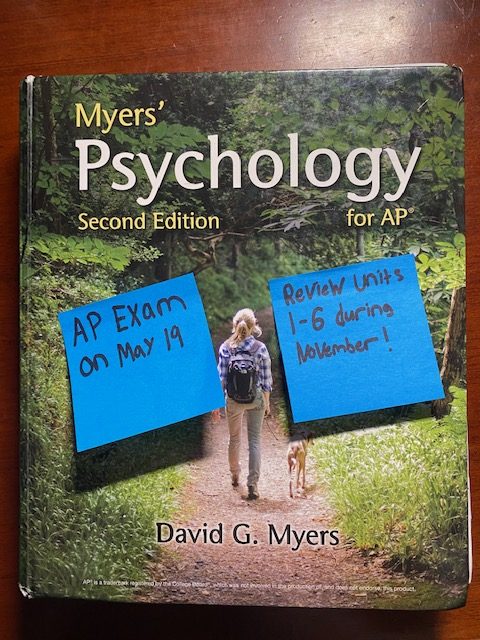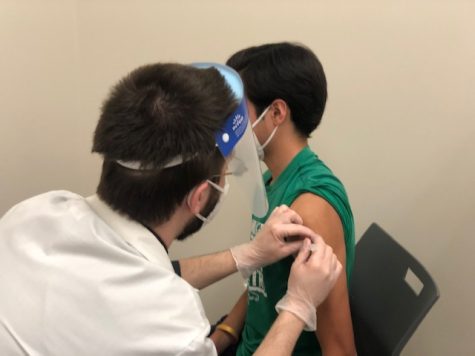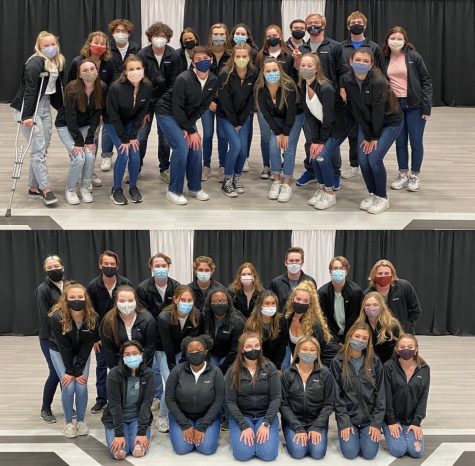New Quarter Schedule Presents Challenges to AP Classes
Media by Connor Del Carmen
The College Board announced that 2021 AP exams will take place during the first and second weeks of May and cover full course content.
As someone who has been in at least one AP class for three consecutive years, I can tell you only two months into the school year that this will be my most stressful year of AP classes ever.
In August, RSD announced they would move to a quarter system with four classes in the first and third quarters and three classes in the second and fourth quarters. This was done to lighten students’ workloads but it comes at a cost of less instruction time per class.
The choice to move to a quarter system has taken a toll on AP classes, which, even under normal conditions, struggle to cover all content before the AP exam. But with even less time, some students, myself included, are struggling more than usual due to a faster pace of instruction.
In my AP Psychology class we’ve already blasted through over four units of dense content in only five weeks. Although I’ve had small struggles keeping pace, I’m more concerned with the retention of the knowledge for the rest of the year.
With the way the new system is built, a student in an AP class first quarter will not have that class second quarter resulting in a nine-week hiatus in which they could lose valuable information.
In my experience, any time I take a long hiatus, even if it’s only an extended weekend, I’m usually rusty. Now, this factor is amplified by the quarter system.
Last year, I took four AP exams in two weeks; however, they were all abbreviated in length and content. Although RSD virtual education has improved from last year, it could still be a challenge for AP students in RSD to take a full exam while learning online.
Due to the difficulties of online learning, now more than ever, students must be deliberate when seeking help. By the same token, teachers also must go out of their way to help prepare students for their AP exam.
— Connor Del Carmen
With this in mind, students must work diligently to maintain the knowledge accumulated first quarter by reviewing even when class is not in session. This will be made easier because students will have one less course second quarter allowing for more review time.
Due to the difficulties of online learning, now more than ever, students must be deliberate when seeking help. By the same token, teachers also must go out of their way to help prepare students for their AP exam.
While some may argue it’s on the students to get their learning done, it’s also a responsibility of the teachers because their students’ scores on the AP exam can reflect the quality of the teaching they received.
All of this being said, the College Board hasn’t done much to help the situation either. The College Board hasn’t released any news about the format of AP exams this year except they will take place during the first and second weeks of May and cover full course content.
The only meager form of support the College Board has given students is not fining them if they cancel their exam during the 2020-2021 school year.
There’s no other way to look at it. This year will be perhaps the biggest challenge AP students have ever faced. However, those who are proactive and fiercely flexible will be able to get through it.
Your donation will support the student journalists of Marquette High School. Your contribution will allow us to purchase equipment and cover our annual website hosting costs. You may become a PATRON by making a donation at one of these levels: White/$30, Green/$50, Blue/$100. Patron names will be published in the print newsmagazine, on the website and once per quarter on our social media accounts.

Connor Del Carmen, senior, is the Associate Editor for the Marquette Messenger. This will be his second full school year on staff. Connor also runs varsity...



